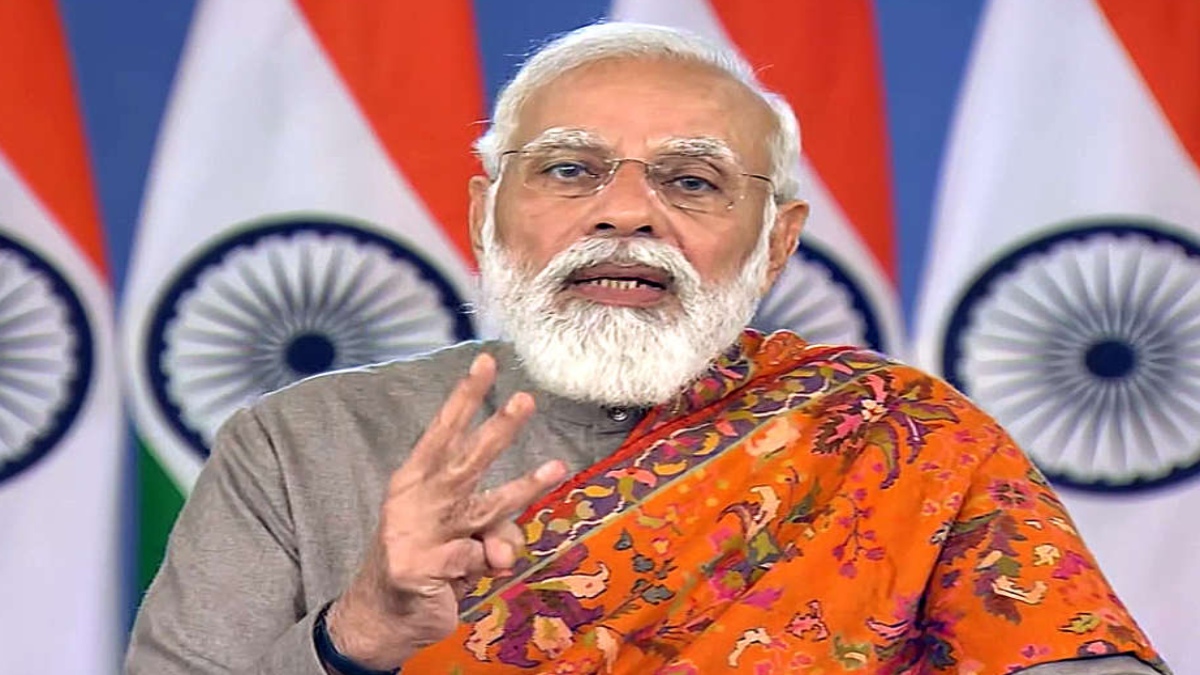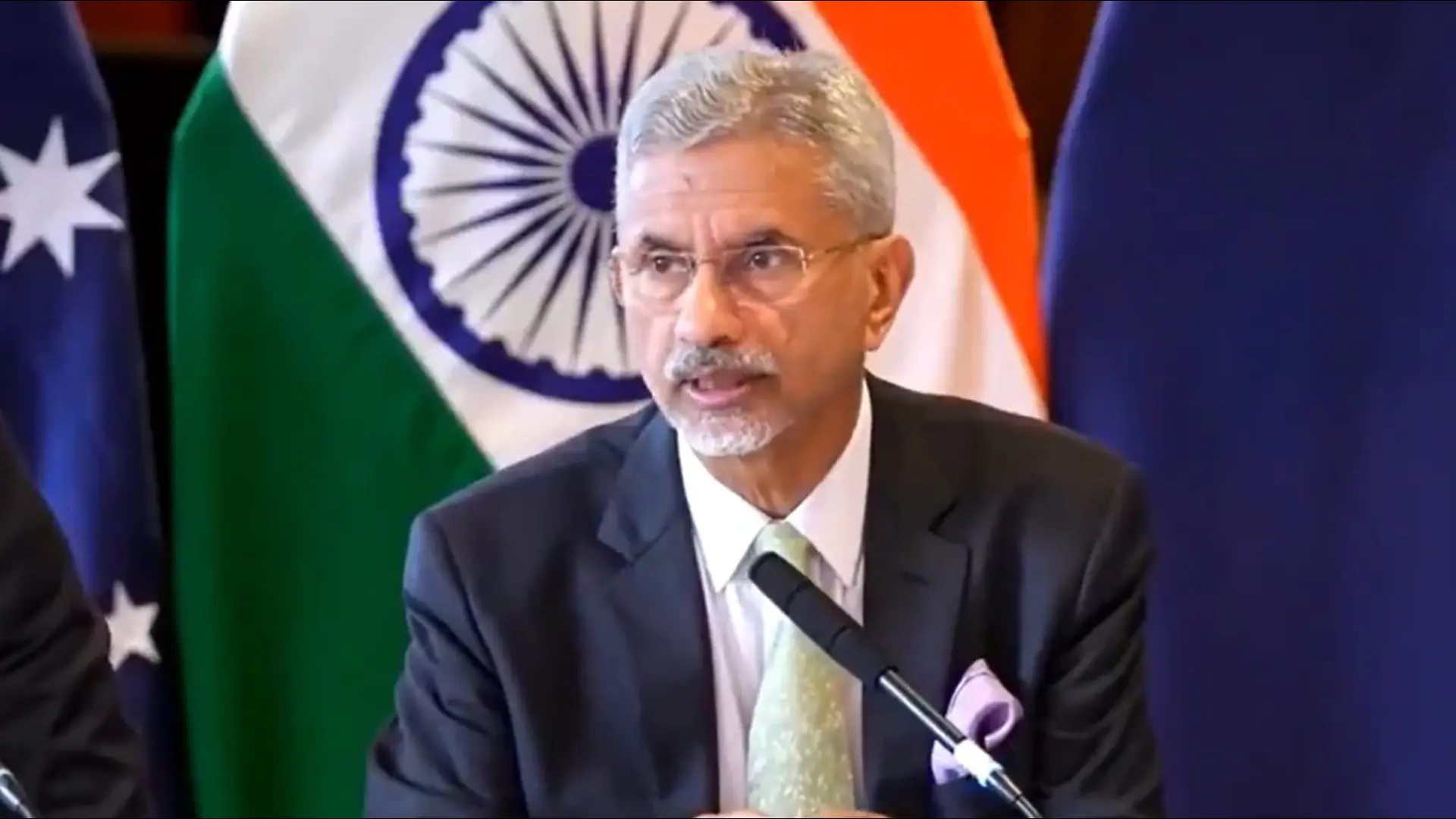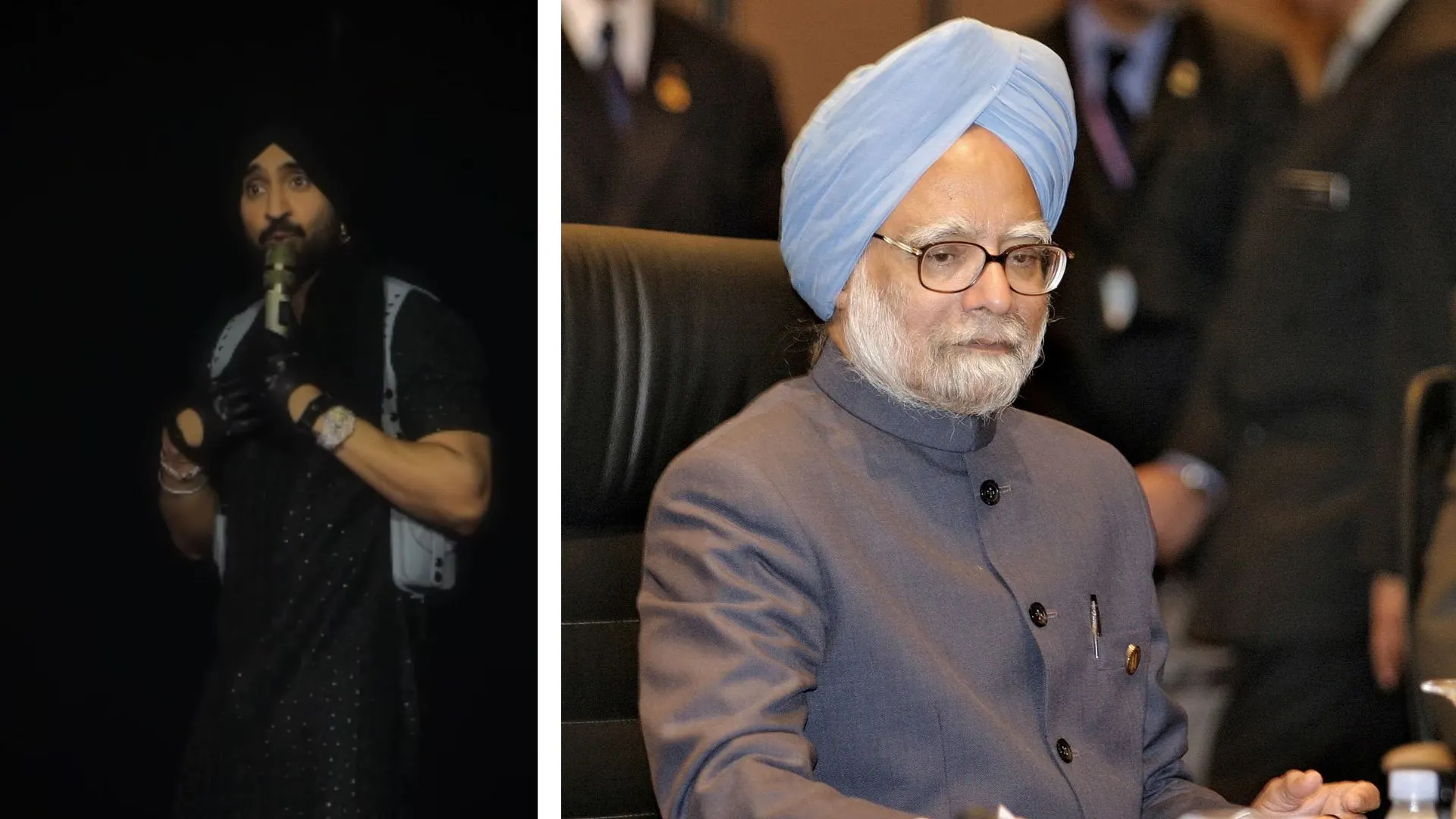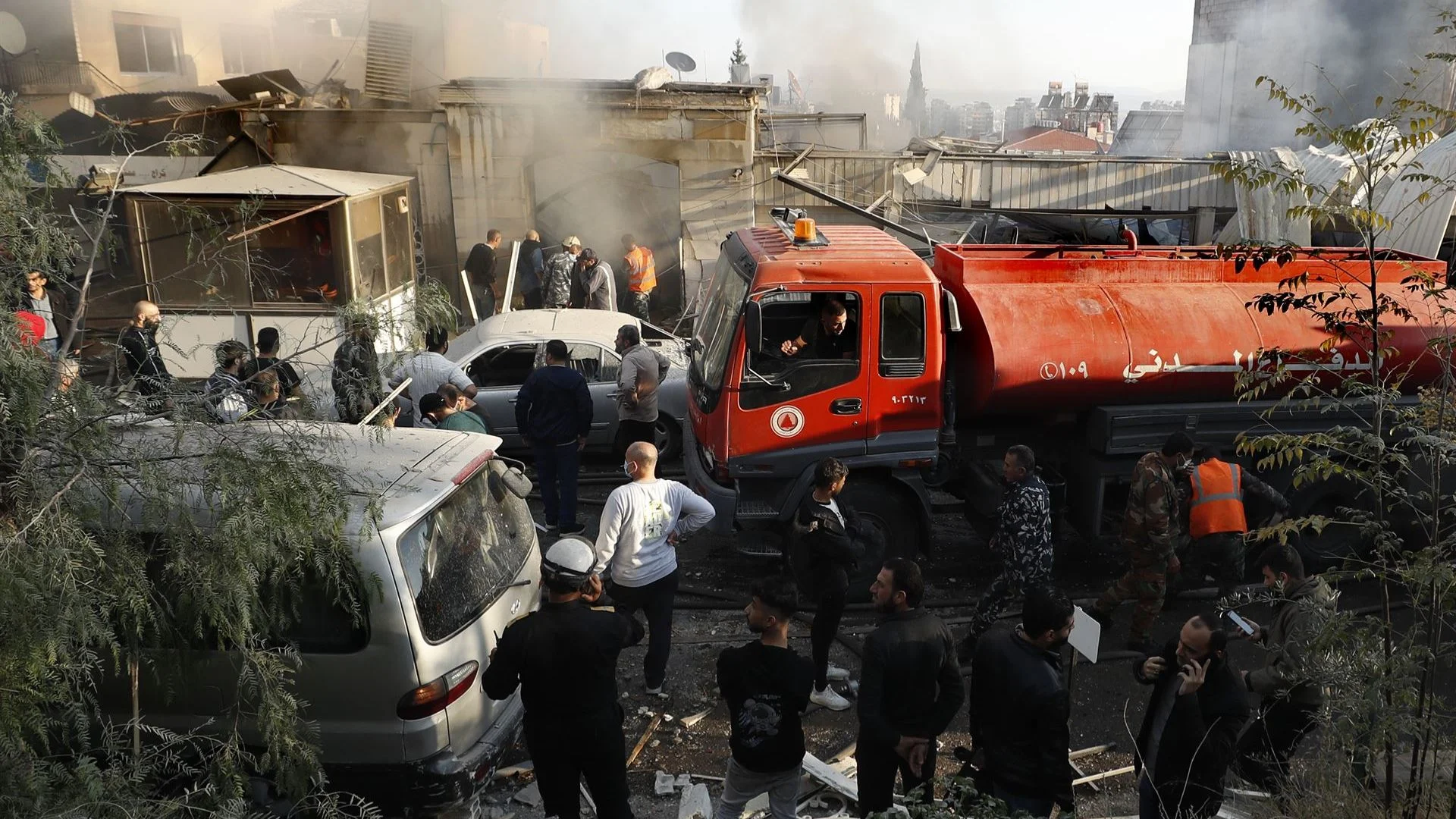In talks with his Japanese counterpart Fumio Kishida, Prime Minister Narendra Modi underlined the need for all Quad partners to focus more seriously on the forum’s core agenda of dealing with increasing aggressiveness of China in the Indo-Pacific. “The Japanese leader was given a clear message that if the Quad does not properly address the key issues in the Indo-Pacific, then the several countries would continue to bear the brunt of China’s increasing assertiveness in the Indo-Pacific region,” highly-placed sources in Ministry of External Affairs (MEA) told The Daily Guardian. “Kishida was told that Beijing’s aggressive behaviour along the LAC in Ladakh and in South China and East China Sea are the serious issues to be taken note of,” sources said.
Sources said Kishida agreed that all the partners of the Quad need to remain focused on Indo-Pacific challenges resulting from Chinese behaviour.
PM Modi’s remarks assume significance in view of the next in-person Quad summit to be held in Tokyo in the month of May when India would like China to be the key agenda. Sources told The Daily Guardian, “Even as the Japanese PM underlined that any unilateral and forceful change in status quo of Ukraine would not be tolerated, the Indian side empahsised that no unilateral and forceful change in status quo of any other country would also be accepted and tolerated. This was said in an obvious reference to what China is doing on LAC in Ladakh region.”
Sources said that PM Modi discussed at length with the Japanese PM the aggressive agenda of China and its debt diplomacy to expand influence in various economically weak nations in the Indo-Pacific, stressing the need for partners like India and Japan to effectively deal with the challenges being posed by Beijing like this.
The two Prime Ministers held substantial discussions on China’s growing assertiveness in the region as well as Russia’s invasion of Ukraine. Prime Minister Kishida was in India on Saturday to attend the 14th India-Japan Annual Summit.
“When the Ukraine issue came up, PM Modi reiterated India’s stand that the problem between Ukraine and Russia should be resolved through dialogue and diplomacy. Kishida was briefed on how India was not quitting the path of dialogue to try to resolve the LAC deadlock resulting from China’s aggressive agenda as several rounds of talks have already taken place between New Delhi and Beijing. PM Modi made it clear that unless there is a resolution of the border issues with peace and tranquility, it could not consider the relationship with China to be business as usual and normalcy would depend on the progress in issues being discussed by the two countries. The PM’s views are important in view of the fact that China reached out to India to revive bilateral dialogue and set the stage for the BRICS summit in Beijing later this year.
PM Modi drew PM Kishida’s attention towards the humanitarian crisis resulting from the ongoing war in Ukraine. The Japanese Premier agreed with PM Modi on humanitarian issues, say sources.
The two PMs expressed serious concern about the war and humanitarian crisis in Ukraine and sought an immediate end to violence and return to the path of dialogue and diplomacy to resolve the problem. The joint statement said that the two leaders will take appropriate steps to address the humanitarian crisis in Ukraine, in what is being seen as a diplomatic victory of India which has been drawing the world’s focus on humanitarian problems in the war-hit zones. The joint statement said the Prime Ministers “expressed their serious concern about the ongoing conflict and humanitarian crisis in Ukraine and assessed its broader implications, particularly to the Indo-Pacific region”.
“Both countries did inform each other of their perspectives. We did inform the Japanese side of the situation in Ladakh, massing of troops (by China), attempts at multiple transgressions and also the fact that we were holding talks with China on border related issues. We also made it clear that until and unless there is peace and tranquility in the border areas, we cannot consider business as usual (with China),” Shringla said at a media conference after the summit on Saturday. He added that Japan raised the matter of East China Sea and South China Sea with regard to China’s growing belligerence there. Emphasising on the need for non-militarisation and self-restraint, both PMs “reaffirmed their determination to continue prioritising the role of international law, particularly the United Nations Convention on the Law of the Sea (UNCLOS), and facilitate collaboration, including in maritime security, to meet challenges against the rules-based maritime order in the East and South China Seas,” Shringla said.
“Prime Minister Modi and I discussed the Ukraine crisis at length …. The Russian invasion of Ukraine is an extremely serious issue that threatens to shake the very foundation of the global world order… I told PM Modi that forceful unilateral change in the status quo should not be given permission,” PM Kishida said in his opening remarks at the summit. Condemning Russia’s actions he said, “PM Modi and I agreed that we should seek peaceful resolution to the conflict”, adding that the Ukraine crisis was also discussed in a separate closed-format meeting.
“The summit has been organised at a very important time. The world is still grappling with Covid-19 and its effects. The process of global economic recovery is still being hampered.”























